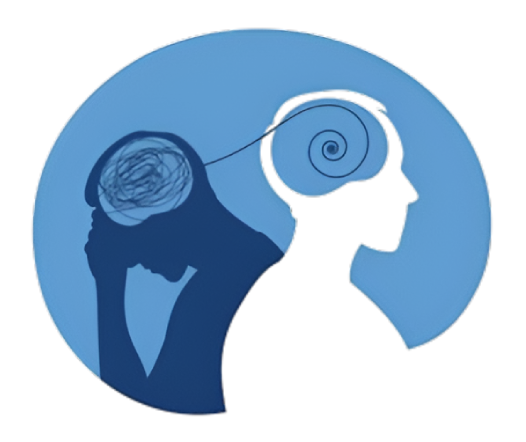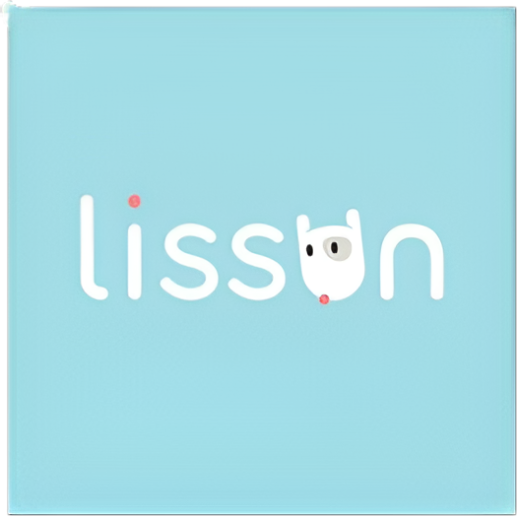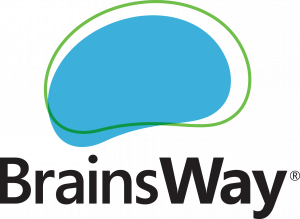Available Doctors
Our Specialties
Positive Mind Care redefines mental health treatment with AI-driven diagnostics, 24/7 access to mental health experts, and FDA-approved, non-invasive Deep TMS treatment, the safest, medication-free, and without hospitalization treatment for Depression, Anxiety, OCD, Addiction, and more.

Deep TMS
Deep Transcranial Magnetic Stimulation
Deep TMS is an FDA-approved groundbreaking treatment for OCD, depression, anxiety, and tobacco addiction.

Depression
Major Depressive Disorder (MDD)
Deep TMS treatment delivers magnetic pulses through a specialized helmet to brain areas implicated in Major Depressive Disorder (MDD), such as the anterior cingulate cortex and medial prefrontal cortex.

Anxiety
Anxious Depression
Deep TMS treatment delivers magnetic pulses through a specialized helmet to the anterior cingulate cortex and medial prefrontal cortex of brain areas usually implicated in Anxiety Disorder.

OCD
Obsessive-Compulsive Disorder
The magnetic pulses through Deep TMS specialized helmet to brain areas implicated in OCD stimulate and modulate the neural circuits, reducing the severity of obsessive and compulsive behaviors.

Addiction
Alcohal/Smoking/Tobbacco
Deep TMS utilizes transcranial magnetic pulses to target specific brain areas associated with Tobacco Addiction, stimulating neural activity to alleviate symptoms.

Certified Counseling
Positive Mind Care is an ISO–9001–certified clinic. It offers accredited counseling and psychological testing, integrating AI-powered tools with Experts breaking the barriers of distance and time with our AI-based digital platform

Empowering Corporate Program
Your employees look at you for their wellbeing. Boost your company’s productivity and profitability with our mental health program for corporate employees.

Uplifting Students Program
Our carefully designed Students program uplifts the student’s morale and confidence empowering them to overcome the exam stress and improve academic success.

Unlock Your Wellness today
Positive Mind Care and Research Centre is the 1st Deep TMS Super Clinic of Delhi-NCR, which is revolutionising the treatment of Depression, Anxiety, Brain Strokes, De-Addiction, Autism, and OCD. A New Hope to Psychiatric Patients seeking treatment with out medicine.

What is Bipolar Disorder (BPD)?
Bipolar disorder, also known as manic-depressive illness, is a mental health condition that causes extreme shifts in mood, energy levels, and activity levels. People with bipolar disorder experience periods of intense emotional states, alternating between depressive episodes and periods of mania or hypomania. These episodes can significantly impact a person's ability to function in daily life.
Types of Bipolar Disorder:
- Bipolar I Disorder
- Bipolar II Disorder
Bipolar Disorder Symptoms
Depressive Episode
- Persistent Sadness
- Loss of Interest
- Fatigue
- Sleep Disturbances
- Changes in Appetite or Weight
- Feelings of Worthlessness or Guilt
- Difficulty Concentrating
- Thoughts of Death or Suicide
Manic Episode
- Elevated Mood
- Increased Energy
- Decreased Need for Sleep
- Racing Thoughts
- Impulsive Behavior
- Grandiosity
- Increased Talkativeness
- Distractibility
BrainsWay Technology
BrainsWay Technology Description
Positive Mind Care and Research Centre is the 1st Deep TMS Super Clinic of Delhi-NCR, which is revolutionising the treatment of Depression, Anxiety, Brain Strokes, De-Addiction, Autism, and OCD. A New Hope to Psychiatric Patients seeking treatment with out medicine.
Milestones that define us

15+
Franchise & Corporate Tie up

200K+
Trust Building

1200%
Awareness Campaigns

5*
Reviews and Ratings
Everywhere, Leading Organizations Trust Us











Words from Our Valued Clients

 Deep TMS
Deep TMS  Psychiatrist
Psychiatrist  Psychologist
Psychologist  Meditation Expert
Meditation Expert 










